Join the community
Thought Leadership Centre
Most Read
1. Singapore to slash CDC vouchers as Budget 2026 pivots to defence 2. Budget 2026 to surge tech funding as ageing workforce squeezes growth: analysts 3. OCBC and UOB to reverse year-long NIM slide in Q4 4. E-ang bao use jumps nearly 50% in 2025 as seniors ditch red packets: OCBC 5. UOB set for growth as DBS, OCBC earnings hold steady: reportResource Center
Awards
Apr
14
Event News
Singapore Business Review Management Excellence Awards 2025 Winner: Moninder Jain of Logitech Singapore Pte Ltd
Moninder Jain of Logitech Singapore highlights how human and AI collaboration strengthened the company’s market position.

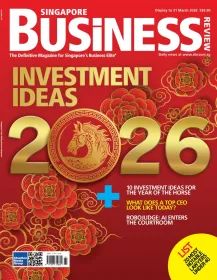
 Advertise
Advertise
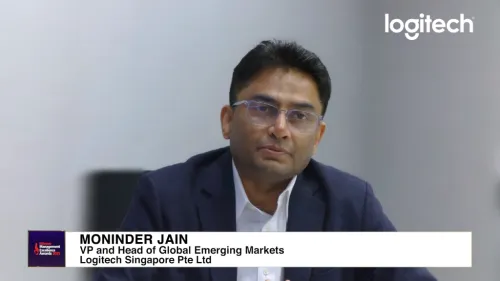



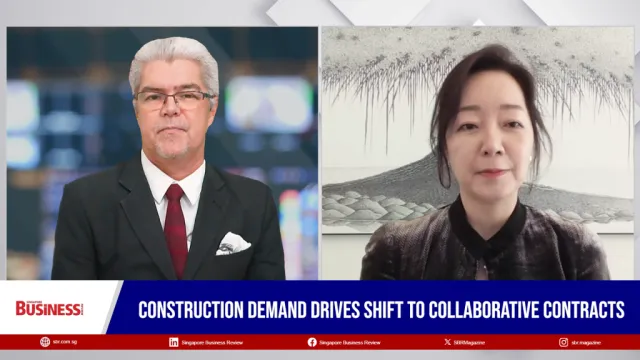
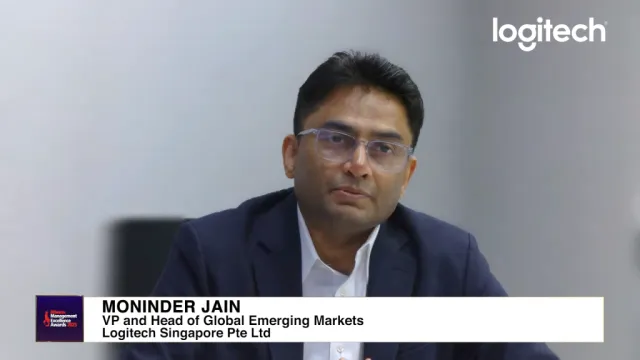
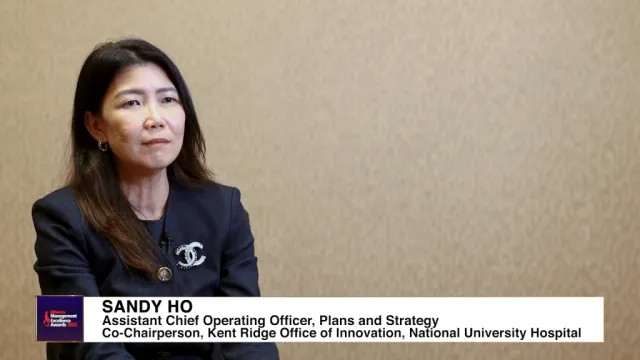









Commentary
Let's move the AI discussion away from how it's going to steal all our jobs
Let's move the AI discussion away from how it's going to steal all our jobs
Singapore Proptech: challenging the status quo
Surely Singapore will be Southeast Asia's first cashless society
Banking on FinTech: How Singapore banks are embracing FinTech today
The future of payments in Singapore's Smart Nation
Singapore business leaders migration to Hybrid IT
Why Singapore's accountants need to embrace the cloud before they can take advantage of AI
Ways to digitalise events in Singapore
Approaching the era of e-wallets in Singapore
Why learning is going viral in the digital age
From USPs to universe: a necessary evolution for Singapore brands
Why is Singapore the technical analysis capital of the world?
Digital transformation drives Singapore businesses in 2017
Top challenges faced by SEA manufacturers today
50 years of ASEAN and 5 years of Facebook show the expansion path out of Singapore
Employment shift: who will "go" with Amazon Go?
How good interior design helps elevate the hotel experience